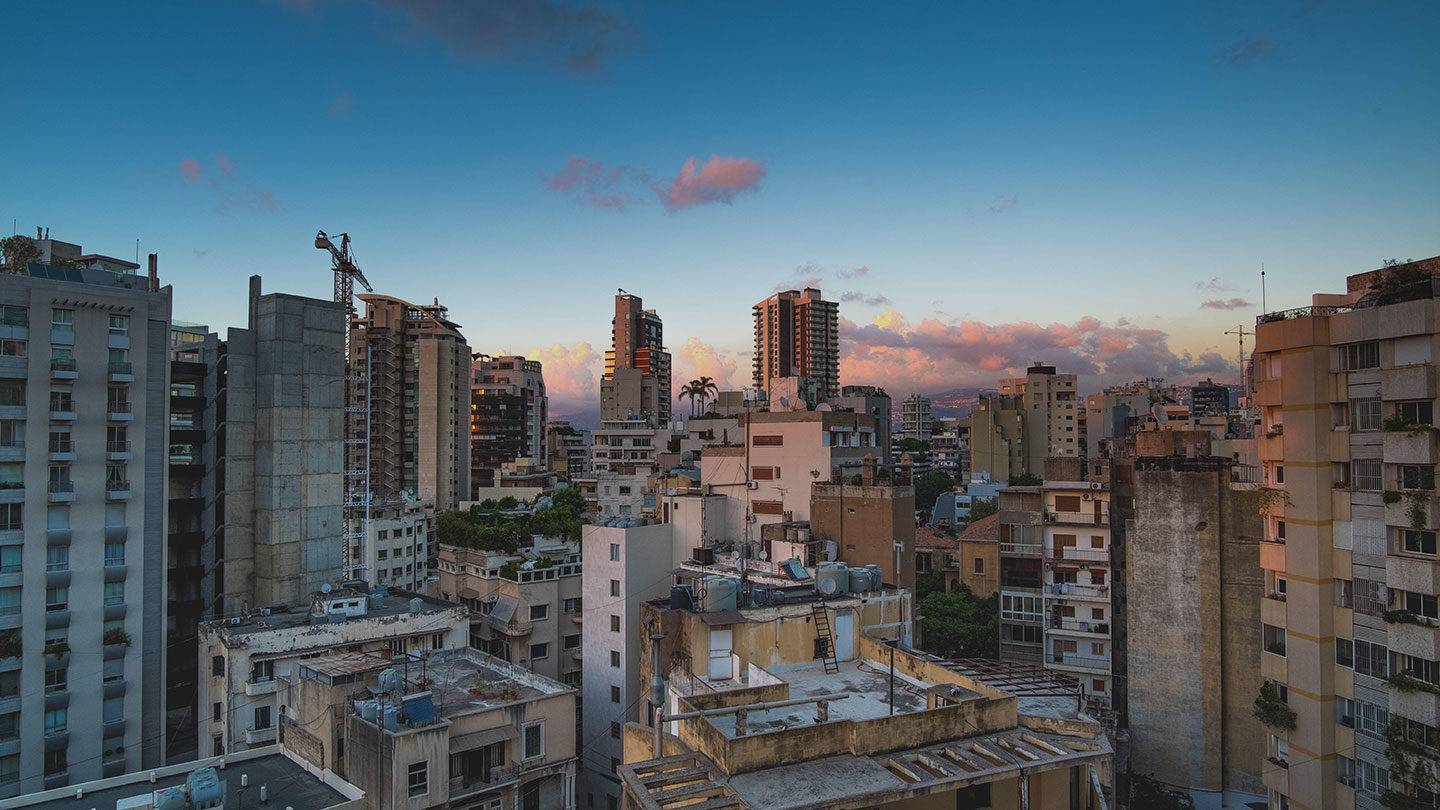
LEBANON
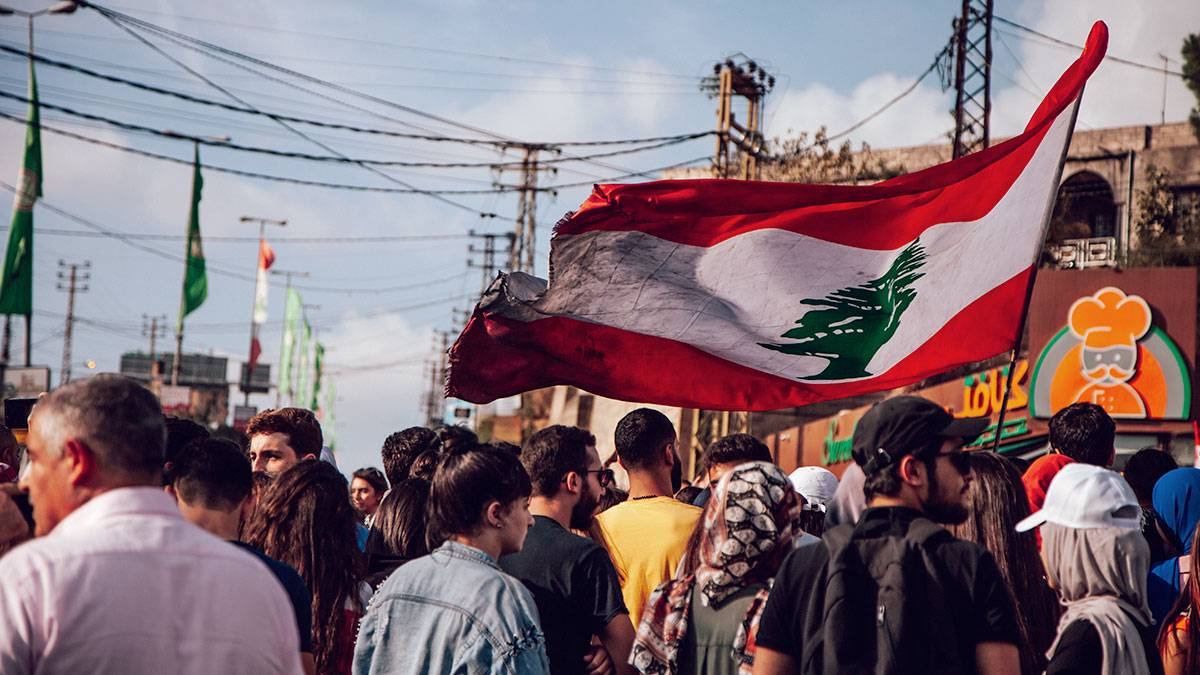
Since the end of 2019, Lebanon has faced on the of the worst crises in the country’s history, in a climate of underlying political and economic instability and social unrest. The COVID-19 pandemic and the explosions that struck the capital, Beirut, in the summer of 2020, have further worsened living conditions and access to care for a large part of the population. The public health system, which regularly faces shortages in medicines and medical supplies, has been crippled. The explosion at the Port of Beirut, which wounded hundreds of thousands and left as many displaced people also destroyed several hospitals and damaged the central warehouse of the Ministry of Health. The financial difficulties that Lebanese face have made it difficult for them to access basic food and care. Over half of the Lebanese population and 89% of Syrian refugees (estimated to be about 1.5 million) are said to be facing poverty, according to the UN*. In this context, the struggle against the HIV/AIDS epidemic, already the forgotten fight in healthcare policies, has been marginalised leaving thousands of people in a precarious situation.
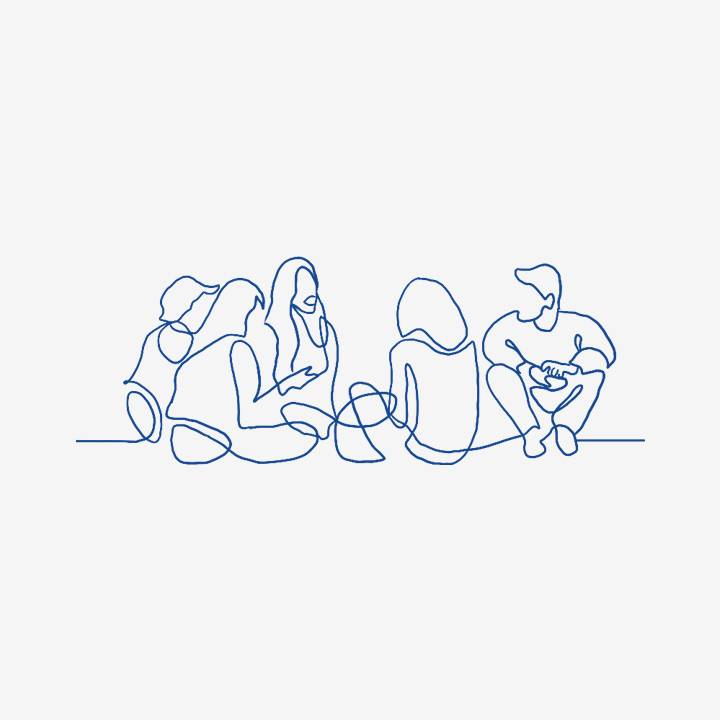
Key populations are ill-informed
In Lebanon, key populations are the most affected by the HIV/AIDS epidemic. 60% of infections affect men who have sex with men (MSM). Prevalence among this group has reached 12%, compared to 0.05% in the general population*. Although to a lesser extent, injection drug users (IDU) and sex workers (SW) are also more affected. Is there a common denominator? Too little information about HIV, both about the modes of transmission and prevention and treatment may be the culprit. A study carried out as part of the FORSS Program in 2019, shows that key populations living with HIV are not able to name facilities where they could receive care other than their own centre and often rely on the Internet or conversations with friends to get information. This becomes all the more damaging when the information that is exchanged is sometimes untrue, unsuitable or misinterpreted.
* Source: UNAIDS 2021 statistics
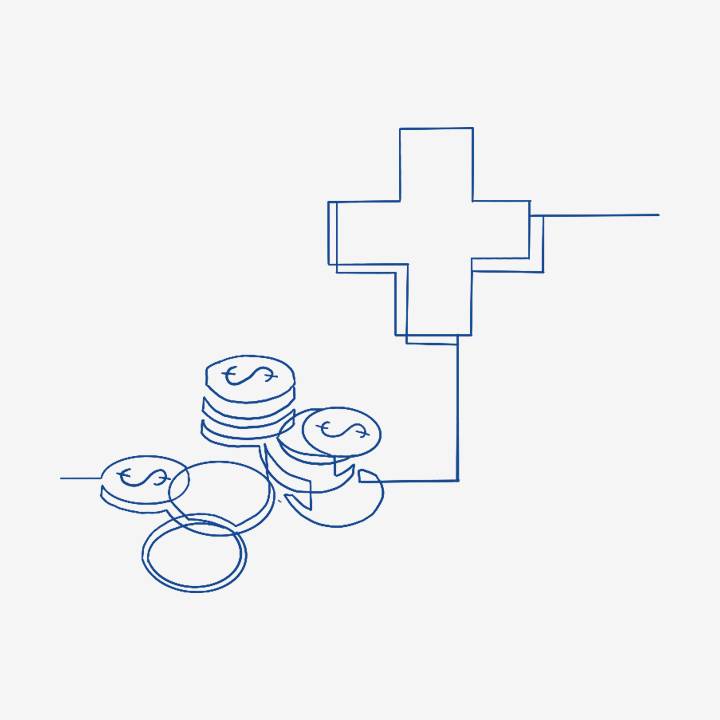
Services that are too remote and too costly
Over half of the service providers in the field of HIV are located in Beirut and the surrounding areas. Those who live in regions furthest from the capital such as Tripoli or Southern Lebanon therefore have more difficulties accessing these services. The prohibitive cost of treatments is also mentioned by persons living with HIV as a major constraint. Although the Ministry of Health has pledged to provide them free of charge, the political instability and numerous budget cuts limit the coverage of health expenses for the Lebanese population. Testing for STI, provision of mental health care and medicines, operations, vaccines and associated health checks are all too often out of reach for the majority of the country’s inhabitants.
KEY FIGURES
UNAIDS 2023 – LEBANON
of PLHIV who are aware of their HIV status receive antiretroviral treatment
of PLHIV in receipt of antiretroviral treatment have an undetectable viral load
rate of prevalence of HIV among MSM
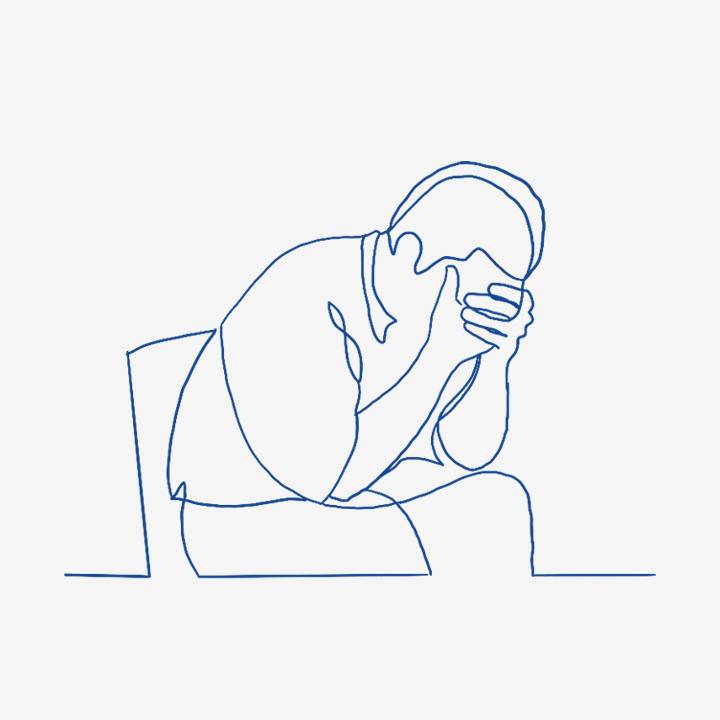
Mental health, the long-neglected aspect of care
Learning of their HIV status or losing their job, family and social ties are a source of constant anxiety in key populations and PLHIV. Fear and stress have a major impact on their daily life, especially since sexual relations between persons of the same sex, drug use or sex work are punishable under Lebanese law. Some studies report disorders ranging from depression to self-harm. Faced with the demonstrable need for psychological support, the relevant bodies are nowhere to be found. Although many civil society organisations have been created and are taking steps to set up support groups, they do not always have the resources to follow through on their aims.
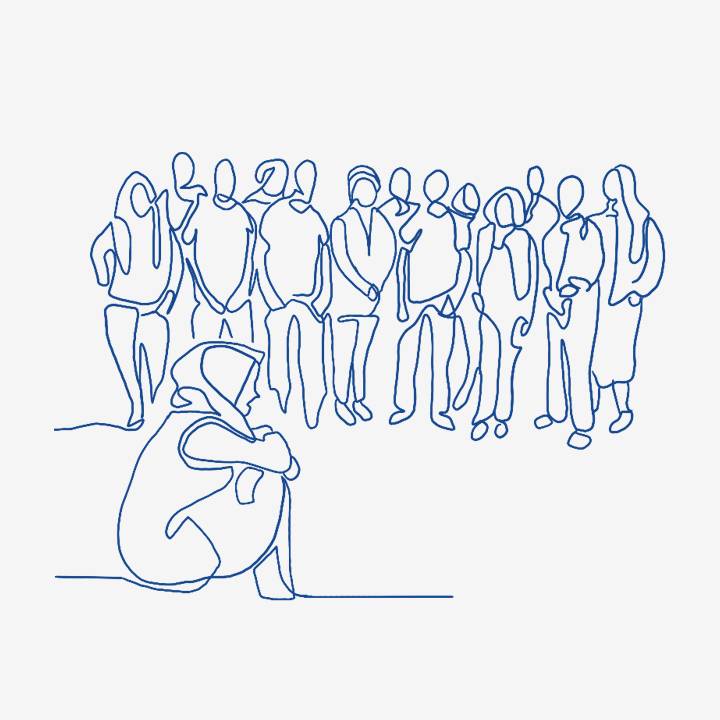
PLHIV and key populations facing discrimination
In hospitals, in court, in professional settings, within the family unit and among friends – PLHIV and key populations are subjected to discrimination everywhere. According to the Lebanese penal code (Art.534), “any sexual relations contrary to the natural order” are forbidden and punishable with one year in prison. Key populations struggle to access justice and transgender persons are confronted with numerous administrative barriers to changing status. In addition, illegal practices such as refusing to provide treatment or forcing people to take a HIV test before being hired are recurrent. Similarly, the majority of Lebanese insurance companies refuse to cover HIV-related care and use HIV positivity as grounds for termination of the contract. Although there is no law against HIV positive status, those arrested by law enforcement officers and suspected of being carriers of HIV will sometimes be placed in isolation.

